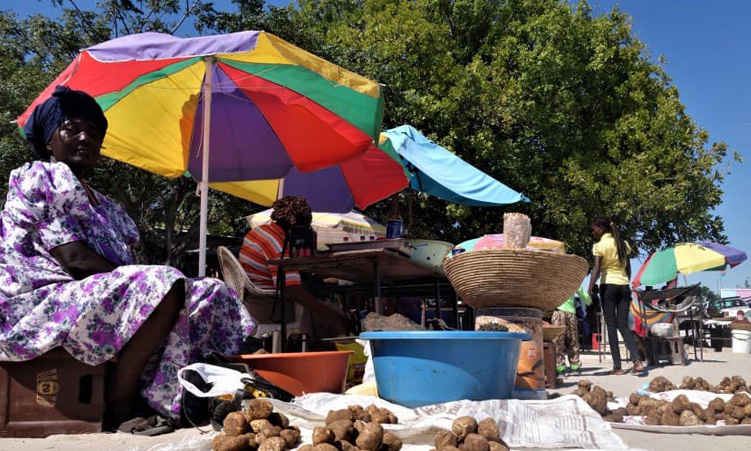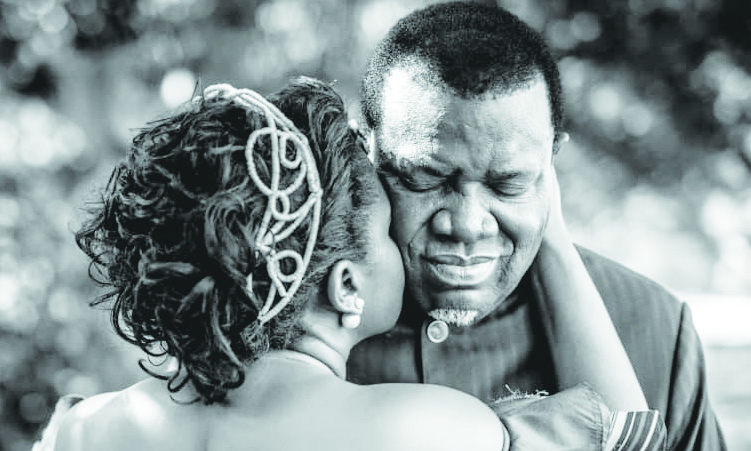JOHANNESBURG – A 22-year-old student at Stellenbosch University has become the first confirmed casualty of the H1N1 virus commonly known as swine flu, the department of health said yesterday.
Minister Aaron Motsoaledi said the student died on Friday (July 28) after suffering from cardiac arrest.’I wish to express my sincere condolences to the family of the 22-year-old university student whose death was confirmed by the National Institute of Communicable Diseases (NICD) to be due to Pandemic Influenza (H1N1) 2009, also known as swine flu,’ he said in a statement written in his personal capacity.’The death of a person so young, who was actively building his future career, is indeed unfortunate and deeply regretted.’According to the department’s information, the man went to the campus clinic on July 20 with flu-like symptoms.When he did not improve he went to a general practitioner.He left campus and went to stay at his parents’ home over the weekend but after consulting another doctor he was referred to a Western Cape private hospital for treatment.He was treated as a case of atypical pneumonia with antibiotics.Last Monday his condition deteriorated and he was moved to the intensive care unit where he died the following day.A specimen was collected and tested for H1N1 at a private laboratory and specimens were also sent to the NICD for further testing.’H1N1 was confirmed by the NICD, which is a World Health Organisation reference laboratory, today [Monday],’ said Motsoaledi.’We are encouraged by the fact that the majority of cases in South Africa have so far been mild and we hope that this will remain so despite this unfortunate death,’ he said.He also warned any person with chronic heart or lung disease or who was pregnant that they should seek immediate medical attention if they fall ill, especially those in the age group 14 to 30 years, in which most infections appear to occur.Doctors who see individuals with flu-like symptoms should consider H1N1 as part of the diagnosis, even when there is no travel history, and treat moderate and severe cases, or those at high risk, early with anti-viral medication, said Motsoaledi.Swine flu cases do not generally need any special treatment, however, where any doubt exists a doctor or health facility should be consulted. – Nampa-Sapa
Stay informed with The Namibian – your source for credible journalism. Get in-depth reporting and opinions for
only N$85 a month. Invest in journalism, invest in democracy –
Subscribe Now!






